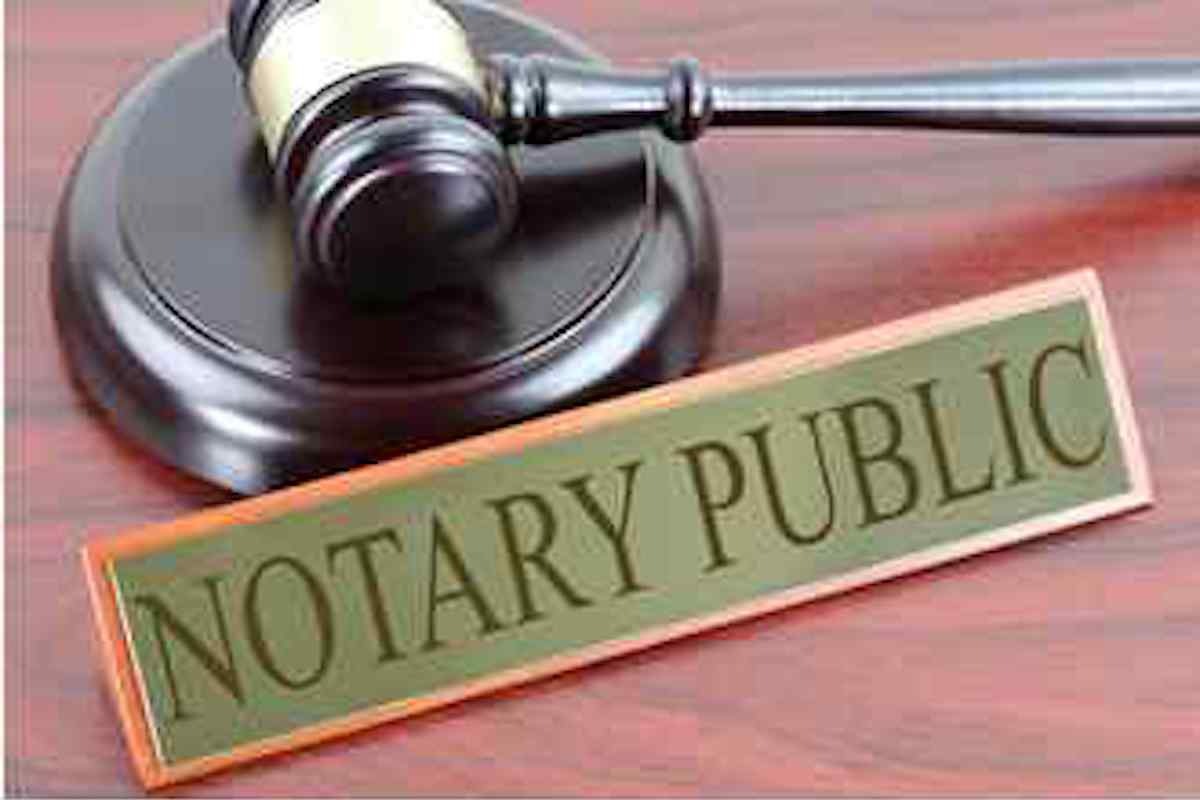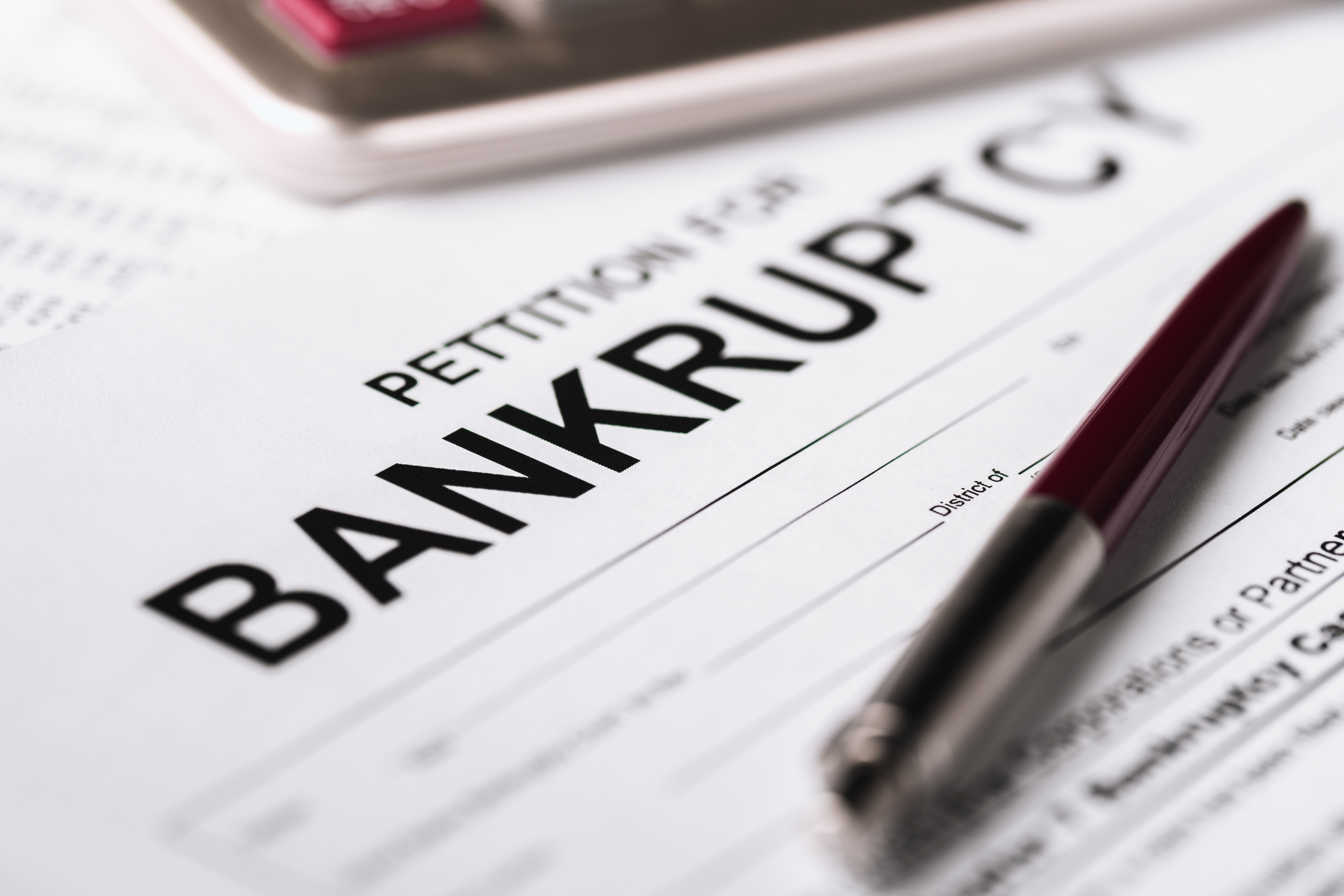
With the recent addition of Wayne Riggien to the M+E team as Special Counsel, he brings with him his skillset and expertise as a Public Notary.
A Notary has been likened to “an International Justice of the Peace” because, almost exclusively, the work of a notary involves documentation required by a client for overseas use. By comparison, documentation for use within Australia can usually be dealt with by a qualified lawyer.
A Notary is a public officer, usually a practicing solicitor or lawyer – appointed for life by a State or Territory Supreme Court. The Notary is given statutory powers to witness documents, administer oaths, and perform a range of other administrative functions both of a national and international nature.
A Notary has the statutory power to do the following:
- Certifying a person’s identity
- Certifying true copies of original documents (such as a birth certificate)
- Witnessing affidavits and statutory declarations
- Documents for personal use, such as passports, academic transcripts/testamurs and citizenship certificates
- Overseas Police Checks
- Contracts that relate to the sale of foreign property or businesses, or sales with an overseas vendor/purchaser
- Wills and probate documents involving overseas estates and beneficiaries
- Documents for international trademark or copyright, patent applications and infringements
- Overseas trade documentation, e.g. a Letter of Credit (LC)
- Company constitutions and accompanying documentation
- Instruments affecting the transfer of land
- Paperwork for the consent of a minor to travel overseas without their parents
Essentially, when you need to have a document witnessed or authenticated for overseas use, you will more likely need to make an appointment with a Notary.
If you need to have a document witnessed or authenticated for overseas use, get in touch with Wayne at Morgan + English Commercial Lawyers if you require this service
E: wayne@morganenglish.com.au P: 6545 3339


